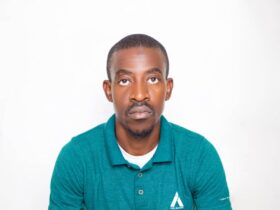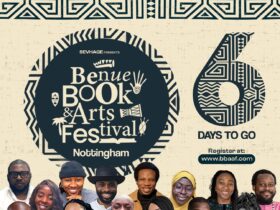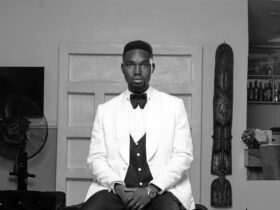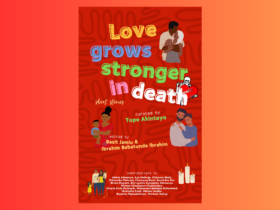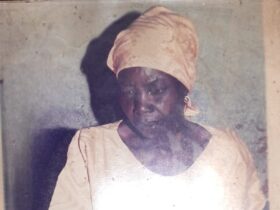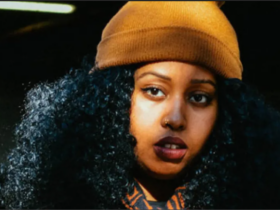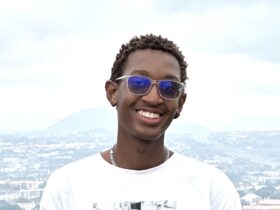Everything Here
For some reason, my then-class mistress singled me out of the kids to run her errands, having me go to the post office whenever she had a letter to post, this was often a weekly or every fourth night. These letters, I went to the post office for were the foundation of my creative writing path. I didn’t know this simple errand would be an adaptation that would follow me into adulthood and later become an integral part of my life.
The Benue Book & Arts Festival (BBAAF) is set to make its exciting debut in Nottingham on Saturday, 25th January 2025. The event, organised by the SEVHAGE Literary and Development Initiative and SEVHAGE Publishers, will take place at the Central Library in Nottingham from 10:00am to 3:30pm and promises to be a day filled with thought-provoking discussions, performances, and networking opportunities. This inaugural edition marks a significant step in SEVHAGE’s mission to create a platform for cultural exchange, celebrating literature, art, and the power of storytelling.
So when in the psych ward in 2016, words leaked out of me like pus, I did not worry about the boundary of this or that. Cows and pigeons filled the room from the fields of childhood. I let the sun be a coin, did not resist seeing the moon’s arc as a shiny scar in the night sky.
I remember my grandmother by a lot of things, and when I picture myself in old age, I see myself in her image. Tall, lean, with a slightly curved back, a head full of gray hair that tangles and covers my eyes when being loose. Rheumy eyes set on a dark lean face, hands that are ever generous, and a serious demeanor that resets naughty grandchildren back to their default setting.
Through poetry, I was able to express the inexpressible, to give voice to the emotions that threatened to consume me. I wrote about love, loss, longing, hope and the universal human experiences that connect us all.
In her poetry, the depth of human feeling is evoked through imagery that is as gripping as it is urgent.
I’ve carried that mindset in every piece I write, I never use my phone to write. Instead I lock myself away with my laptop that only has Microsoft word paired with a thought-racing mind. Most times before I write a good poem I’m very hungry, I probably wouldn’t have eaten the whole day. Me being uncomfortable pushes my brain to lock in, not get distracted and finish the work so I can be comfortable again.






